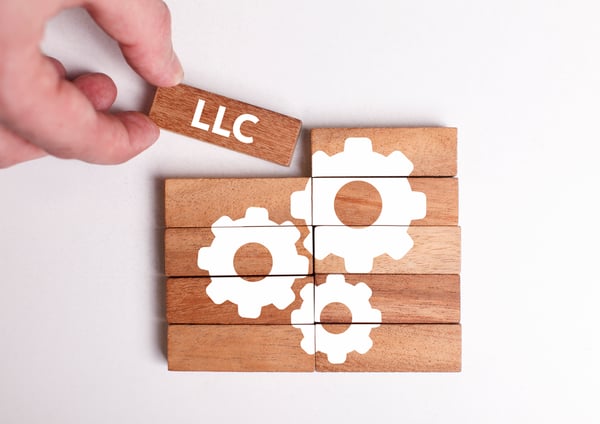When you purchased your first Carlsbad property as a real estate investor, you probably weren't thinking all that far past fixing it up and collecting your first rent check. This is especially likely if you found yourself as an accidental landlord, renting out your starter home or a property that you inherited. It's common for quite a few "fresh" landlords with only one or two properties to hold their assets in their name. However, protecting your assets and investments can quickly become a concern if you develop enough equity or accumulate an extensive property investment portfolio. The specter of loss starts to loom a little more readily.
While holding rental properties in your name can remove a layer of overhead and help keep things simple, you do put all of your assets in the same bucket from a risk standpoint. If there is a problem for which you are liable at any one of your rental properties, then you are personally at risk of being sued. Holding your assets in a separate legal entity can compartmentalize them—and keep them safe from legal trouble. The more properties you own, the more assets are at risk, and the more variables are at play.
So what are some of the options that you have to protect your Carlsbad real estate investments? Three legal entities are commonly used by real estate investors to hold their properties:
- Limited Liability Companies (or LLCs)
- S Corporations
- Limited Partnerships.

1. Limited Liability Companies
Limited Liability Companies are commonly considered the best type of entity for a real estate investment portfolio that you intend to hold for the long term. An LLC limits the liability for debts and obligations to the assets held under the LLC. If the LLC is subject to a lawsuit, then your other personal assets (or assets held under other entities) are protected. LLCs are a common legal entity used to protect a real estate portfolio because they are flexible and offer a few tax advantages.
With an LLC, you benefit from "pass-through taxation," which means that you can treat income from your business as personal income. The LLC itself does not pay any taxes, but income "passes through" the company to the owner or owners. Additionally, an LLC also grants you a lot of flexibility in allocation and management. You are not required to have a board of directors, hold meetings, or perform book-keeping in any specific way. You are free to run your business on your terms. These benefits can make LLCs an ideal choice for investors who want to "buy and hold" real estate in the long term.
2. S Corporations
An "S Corporation" is not a separate type of corporation per se, but rather a type of tax classification that you can choose for your business. Generally, the IRS will default to taxing an LLC as a sole proprietorship or partnership. An LLC can also elect to be taxed as an S Corporation. S Corporations are common choices for real estate portfolios that focus on short term investing. Investors who choose to "buy and sell" real estate for a quick profit can typically benefit from being taxed as an S Corporation.
Under an LLC, the owner pays Medicare and Social Security taxes on all profits. Under an S Corporation, an owner pays self-employment taxes only on their salary or income. Since flipping real estate can involve some sizeable short term profits, taxing an LLC as an S Corporation can be one method to maximize profit from this type of investment. Generally, this type of tax classification is less advantageous for a "buy and hold" investment strategy.
3. Limited Partnerships
The final common entity utilized by real estate investors in the Carlsbad area is what is known as a "Limited Partnership." This type of entity is a business that has more than one owner (including one general partner and at least one limited partner). While the general partner is the decision-maker, think of limited partners as investors in the business. They are only liable for the amount of money that they have invested and cannot make business decisions.
This legal entity is an effective way to raise funds for investment. You may have friends or family that are interested in investing money but who do not wish to participate in actually running the business or making decisions. A Limited Partnership can be a useful way of getting your real estate investment portfolio off the ground while ensuring that the assets of your investors remain protected. In most other respects, this type of entity functions similarly to a sole proprietorship, meaning that you do not get many of the legal protections and tax benefits that an LLC or S Corp affords you.

Reach out to Raintree Property Management!
This topic is complex, and the financial and legal details can quickly become overwhelming if you don't come to real estate investing with a background in either industry. If you are feeling unsure of how you can protect your assets and limit your liability, you aren't alone! Reach out to Raintree Property Management.
As an expert Carlsbad area property management company, we make it our business to know the financial and the legal ins and outs of investment property. We'll guide you from start to finish and help you protect your investments from the unexpected. We're also an expert in local law and can help you to navigate the nuances associated with real estate investing. Reach out online or contact us by phone: we'll happily put our financial and legal expertise to work for you!





